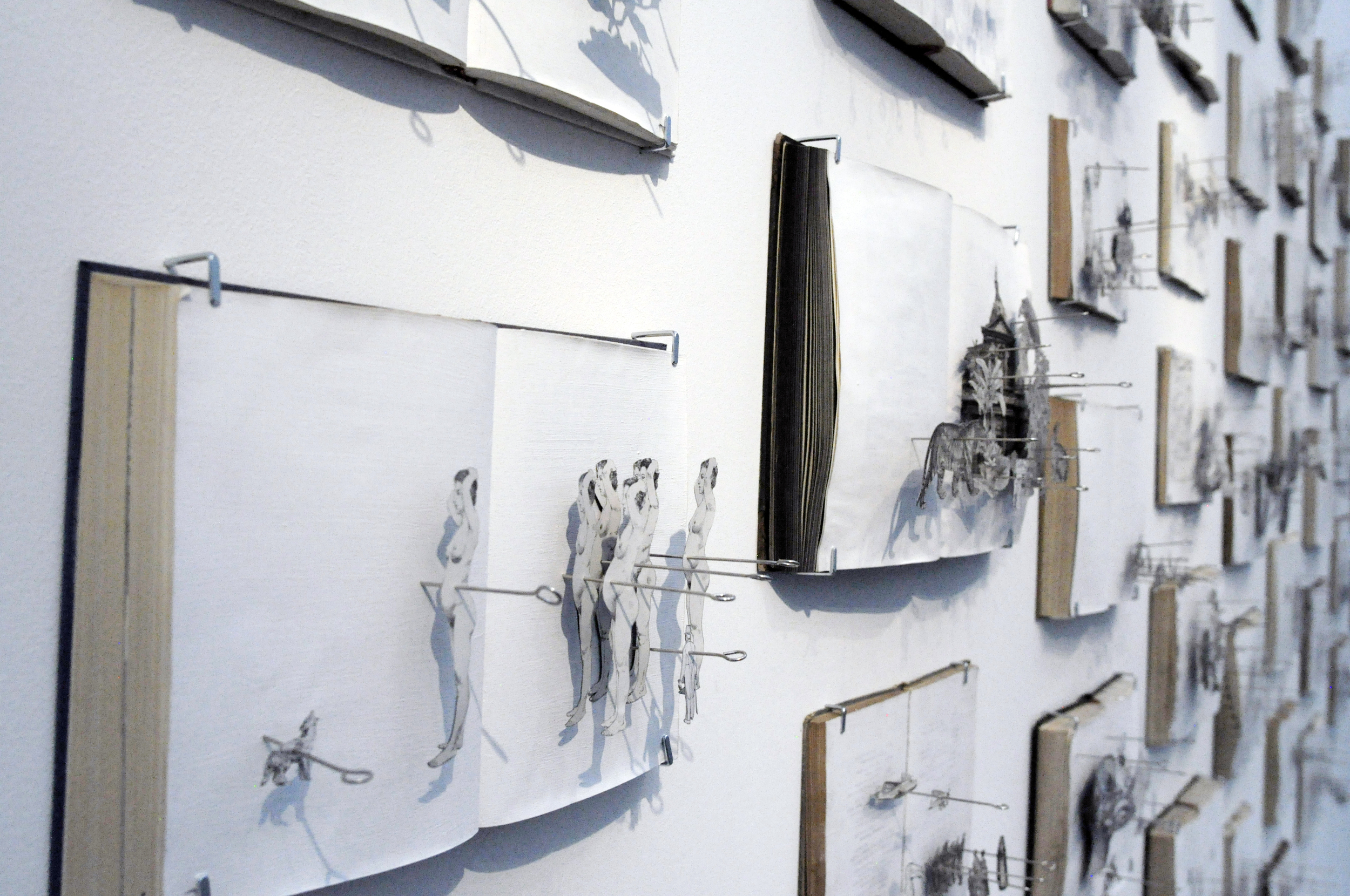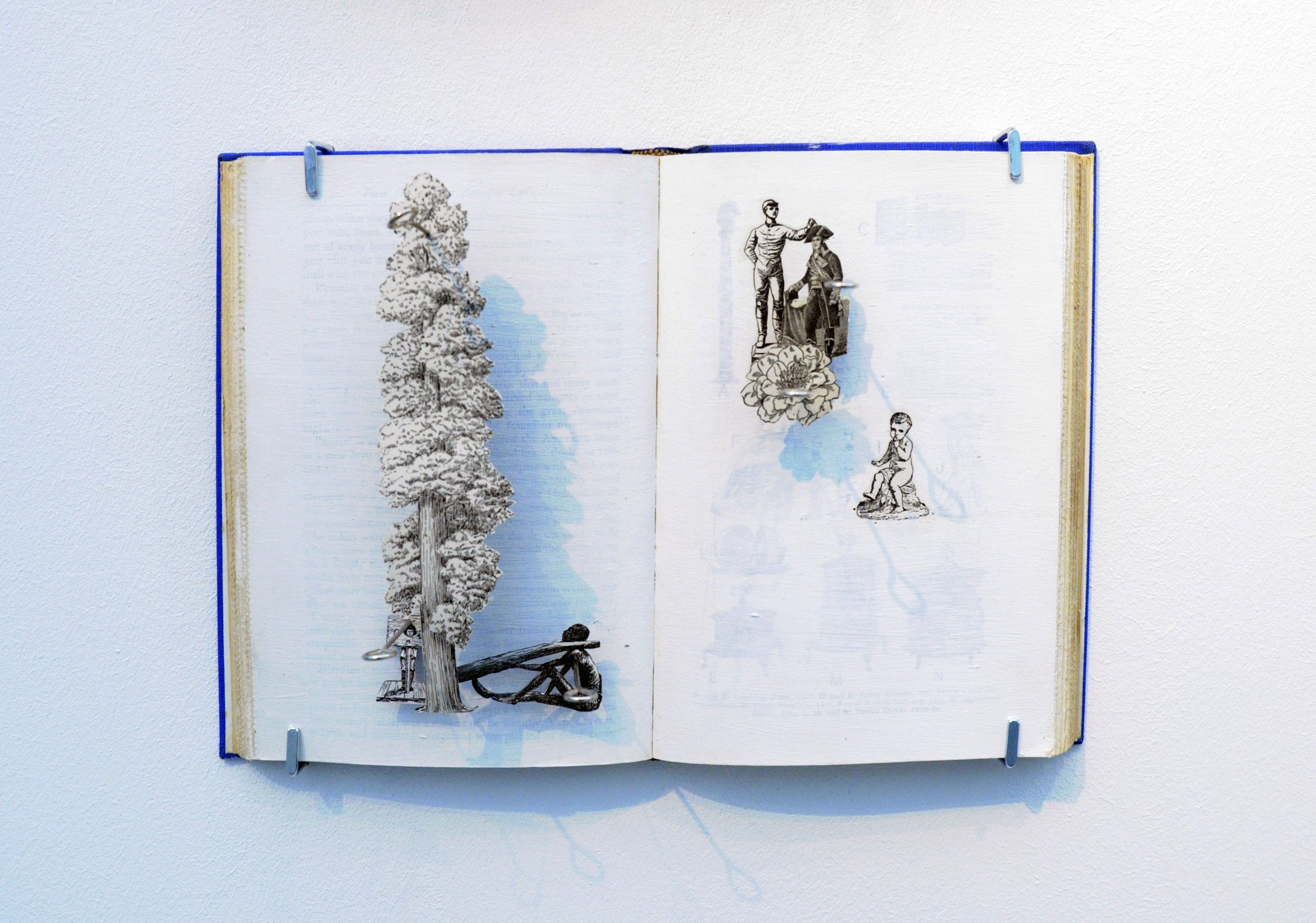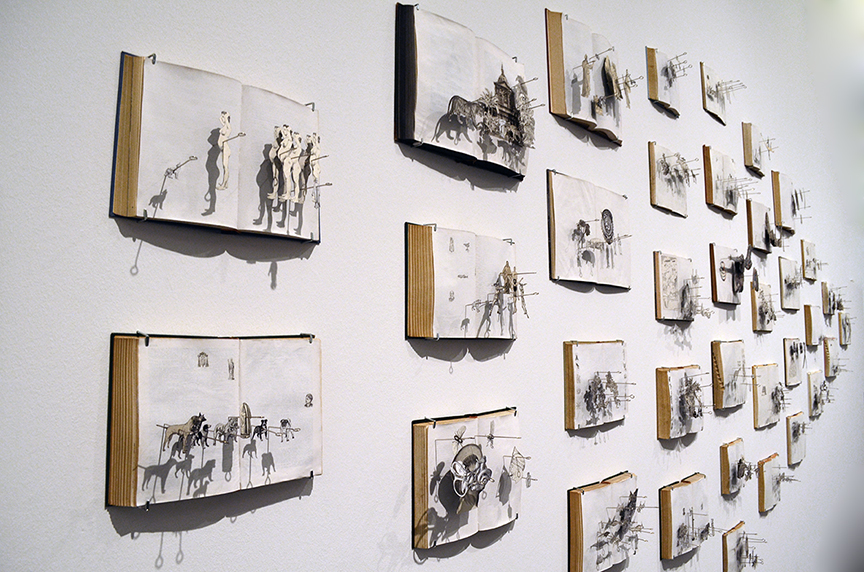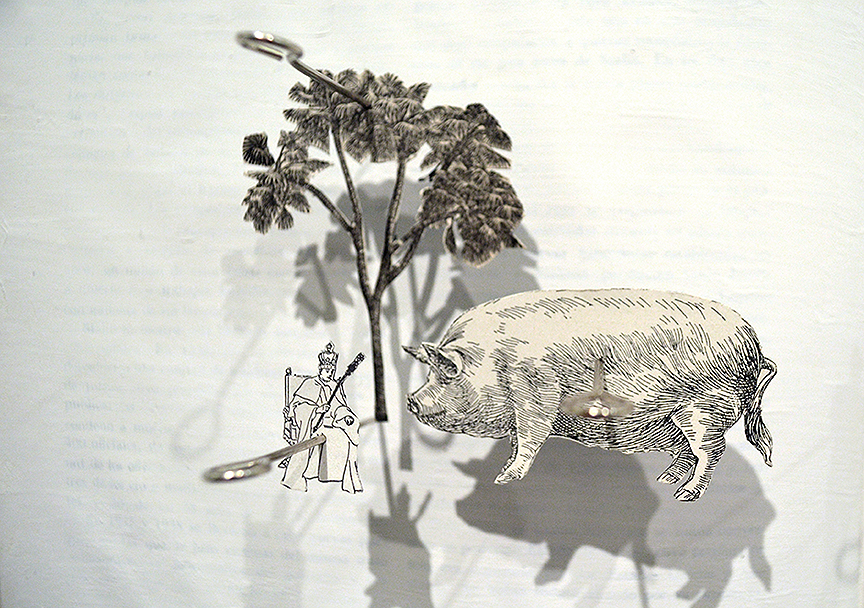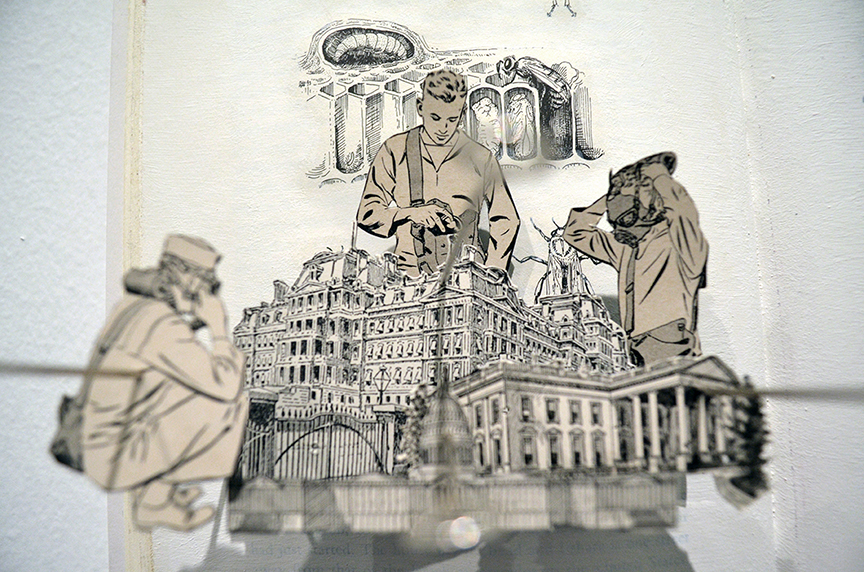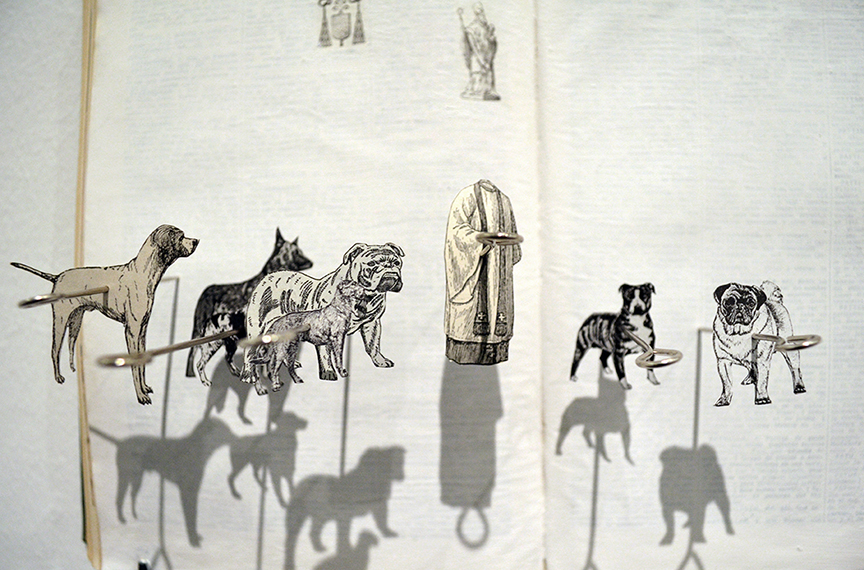






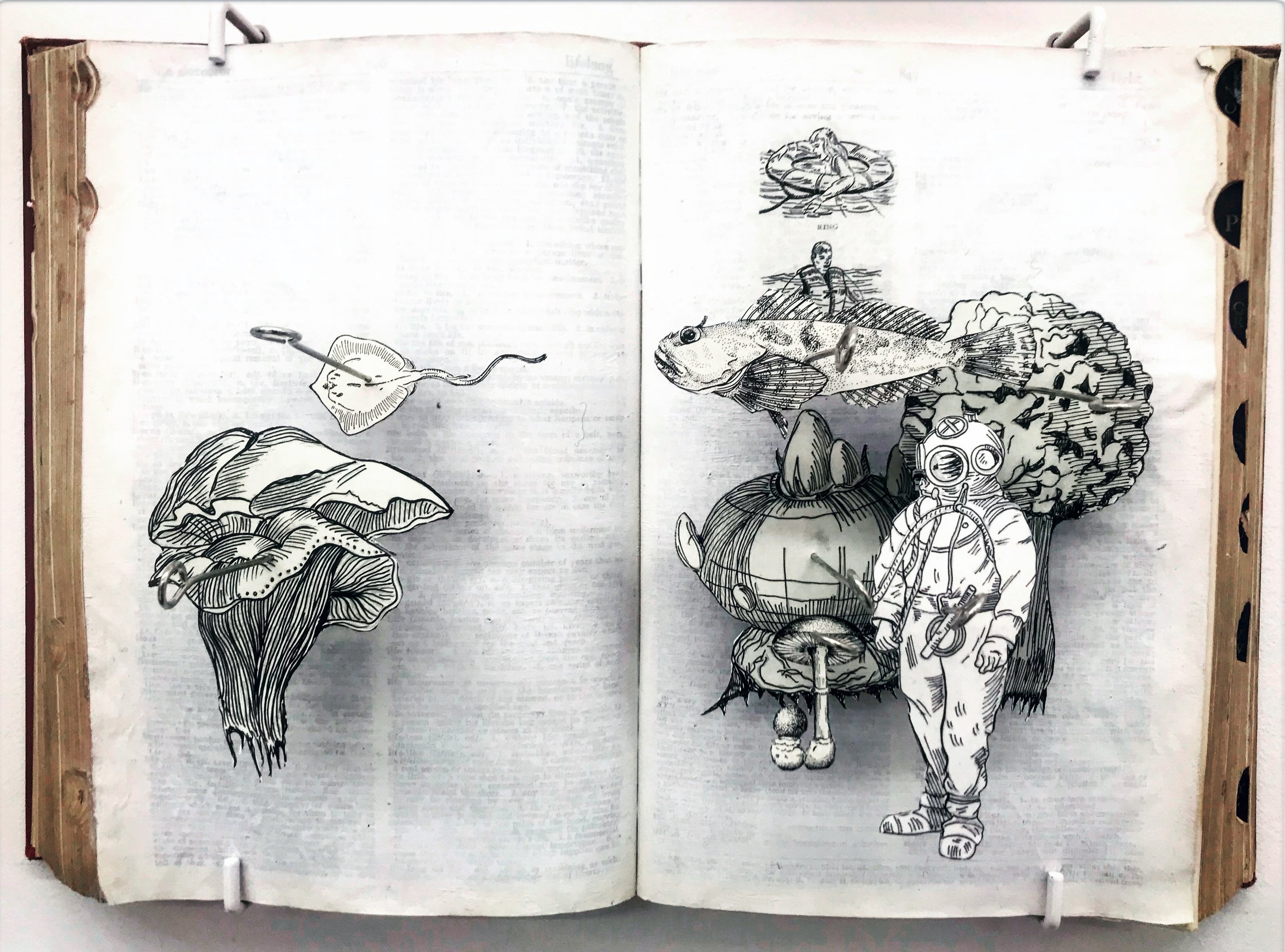
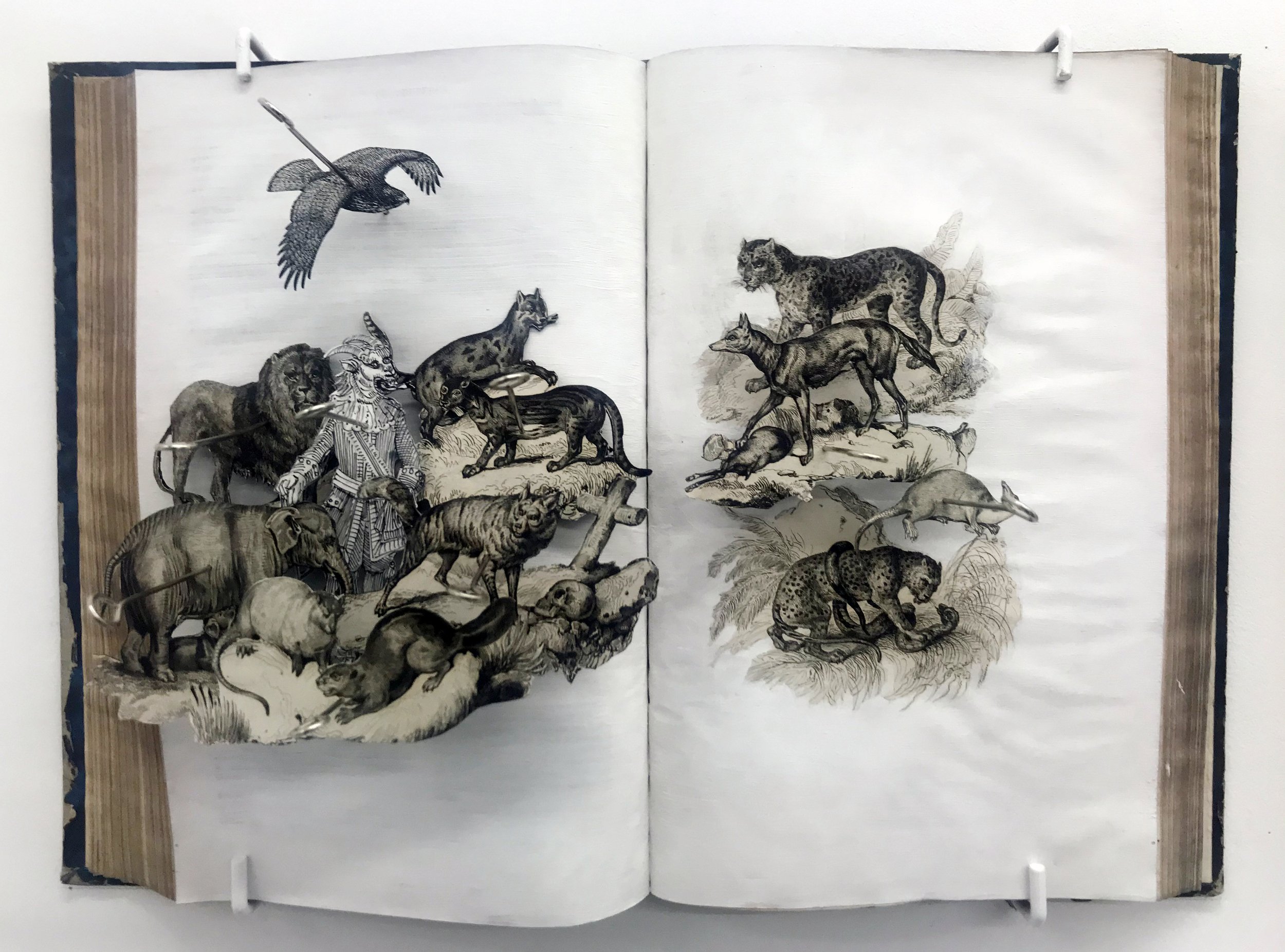
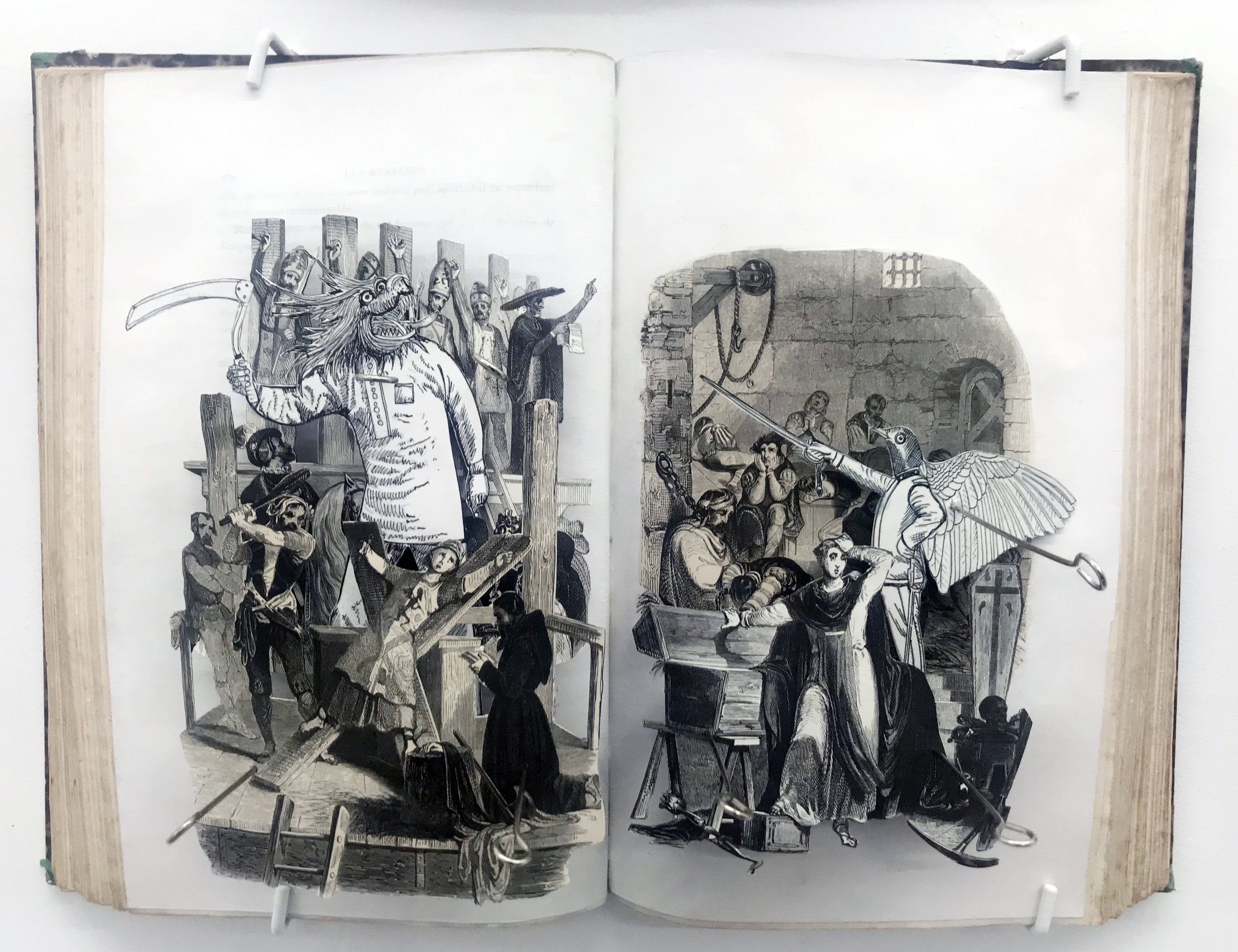
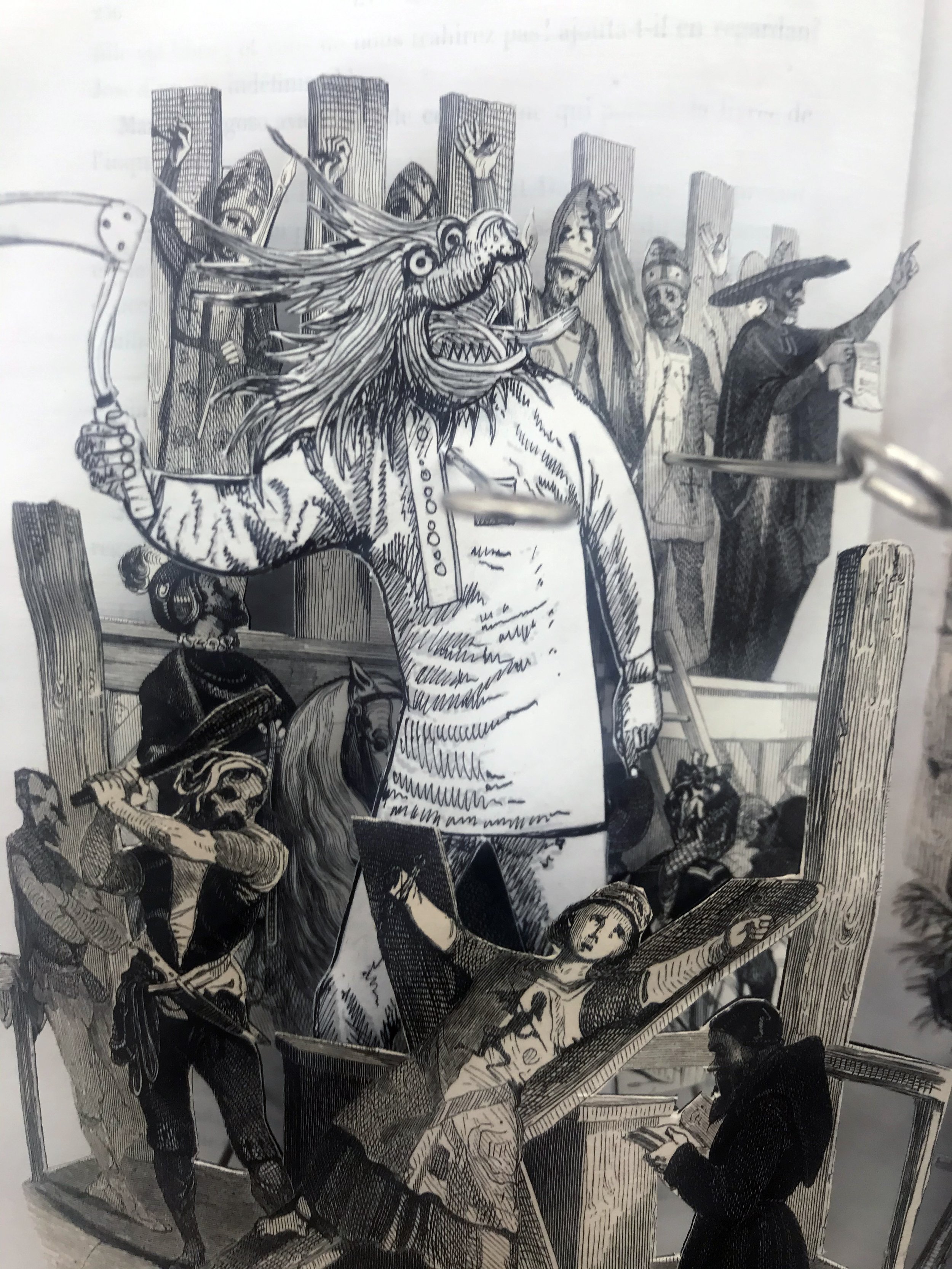
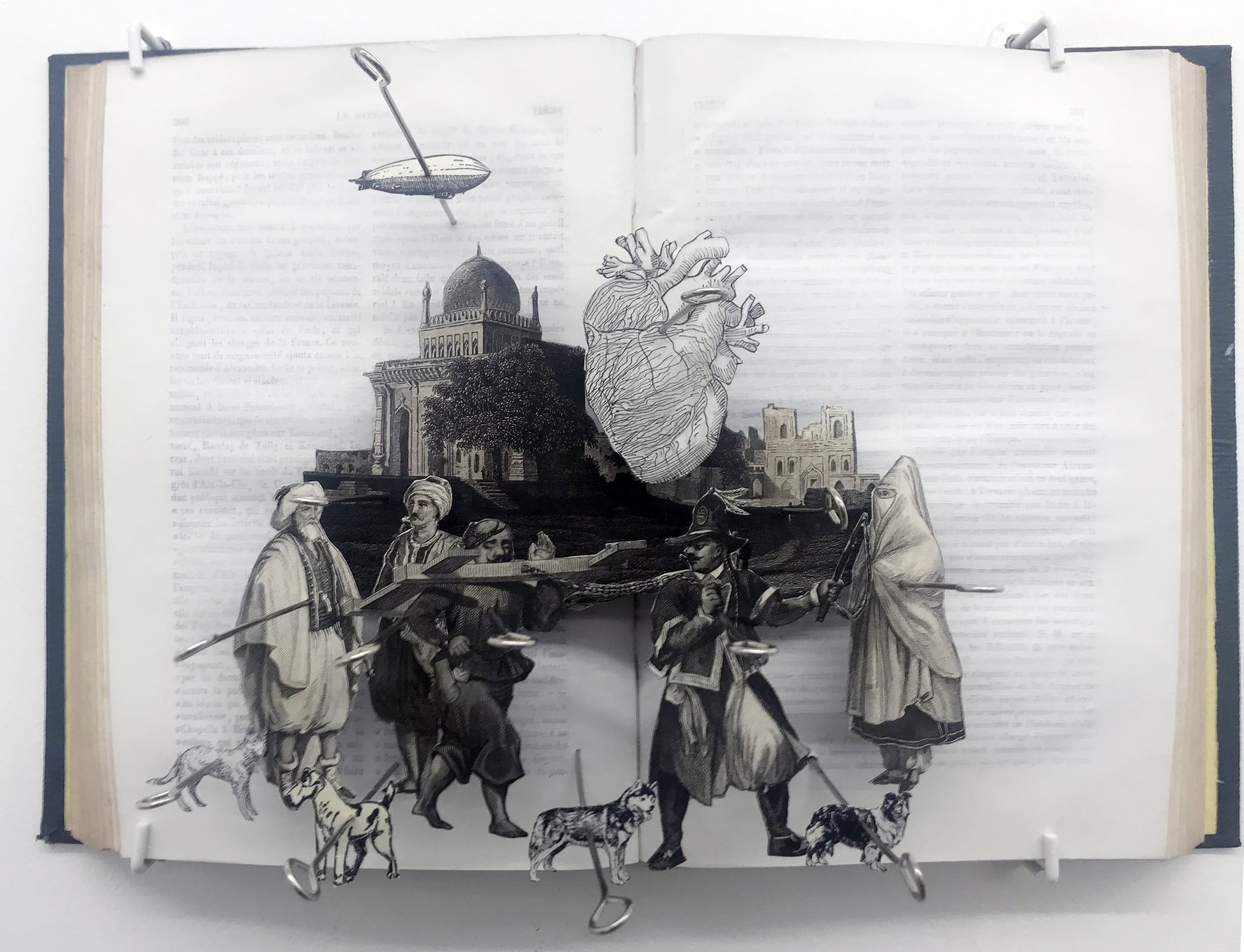
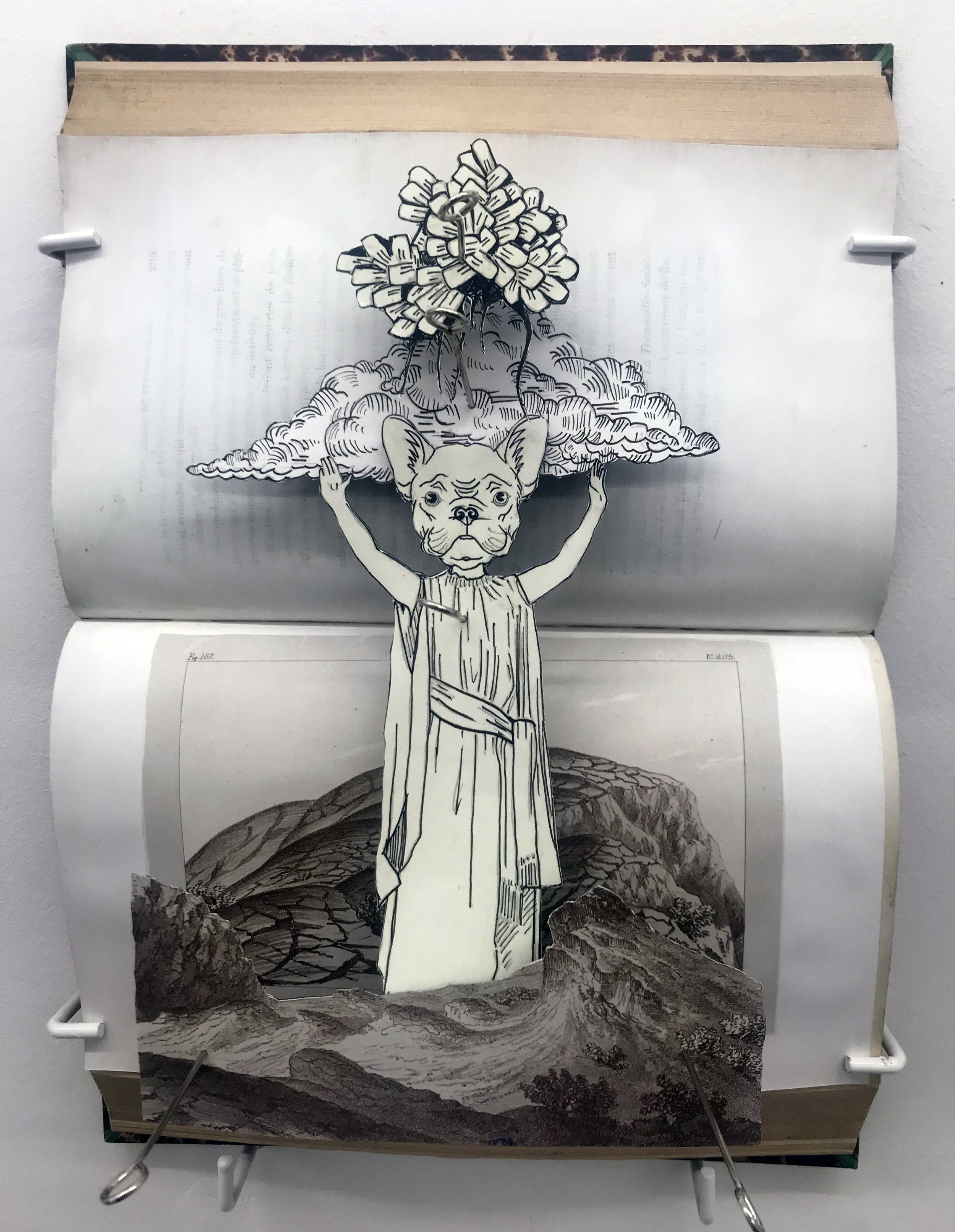
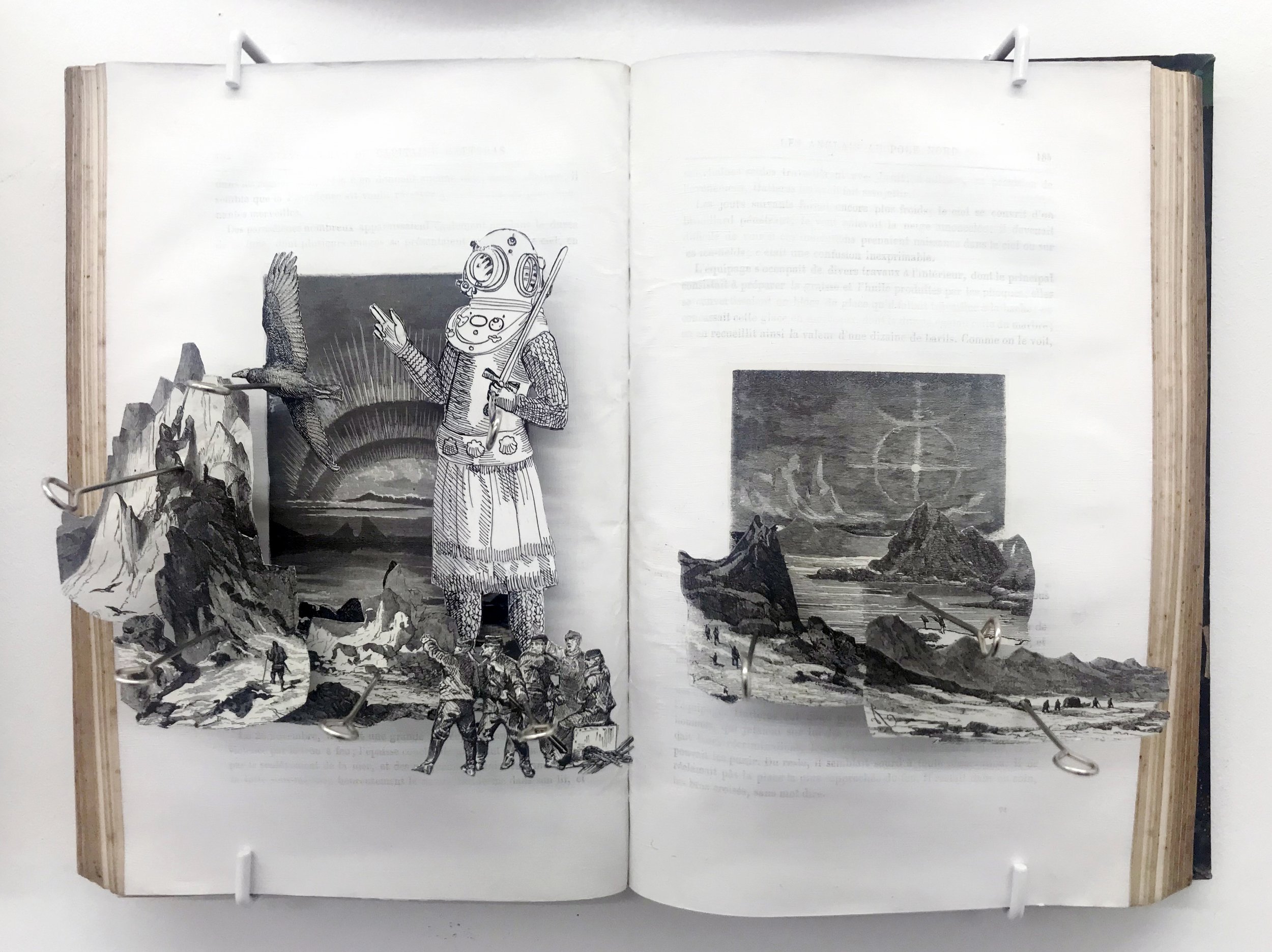
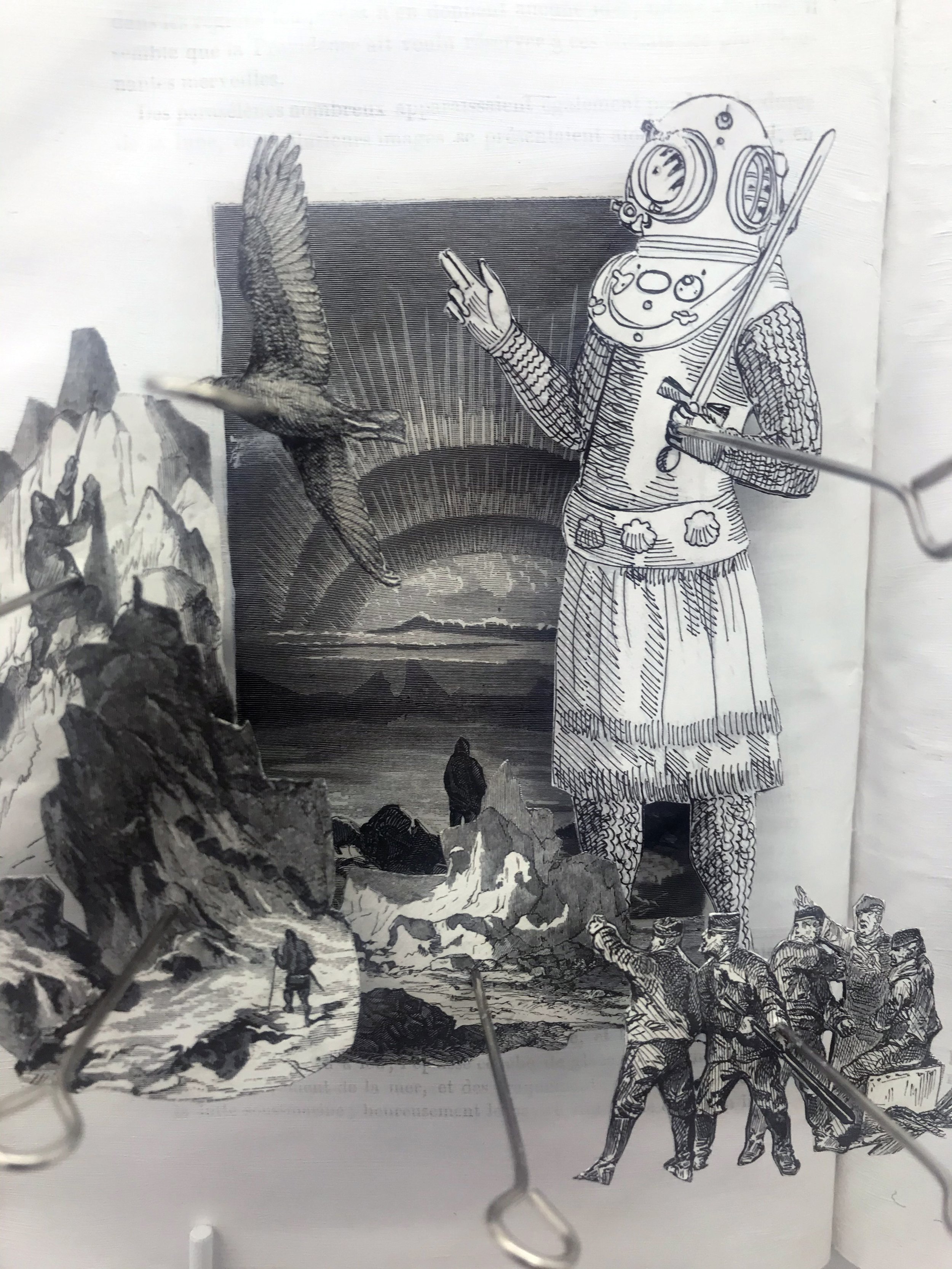
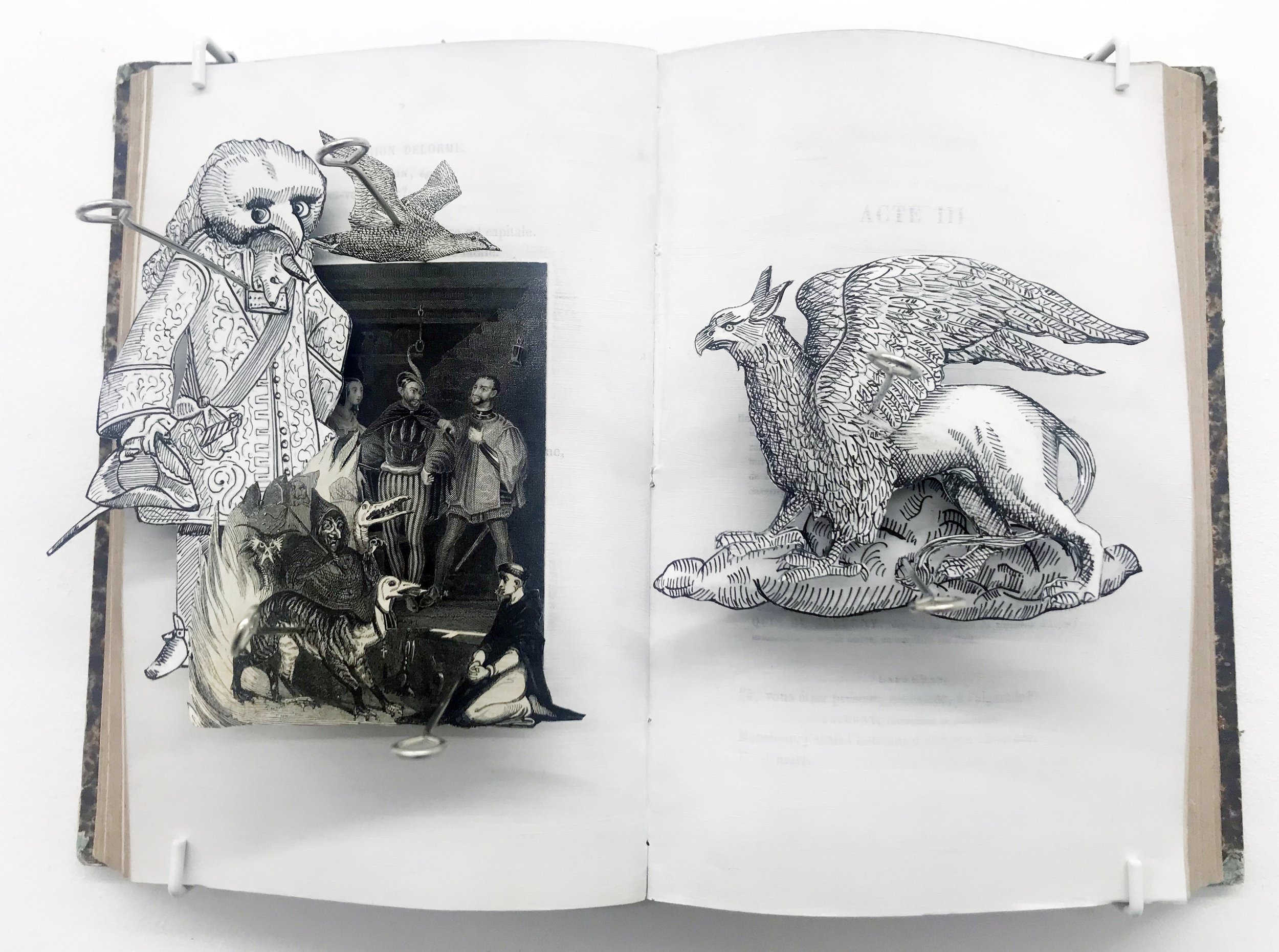
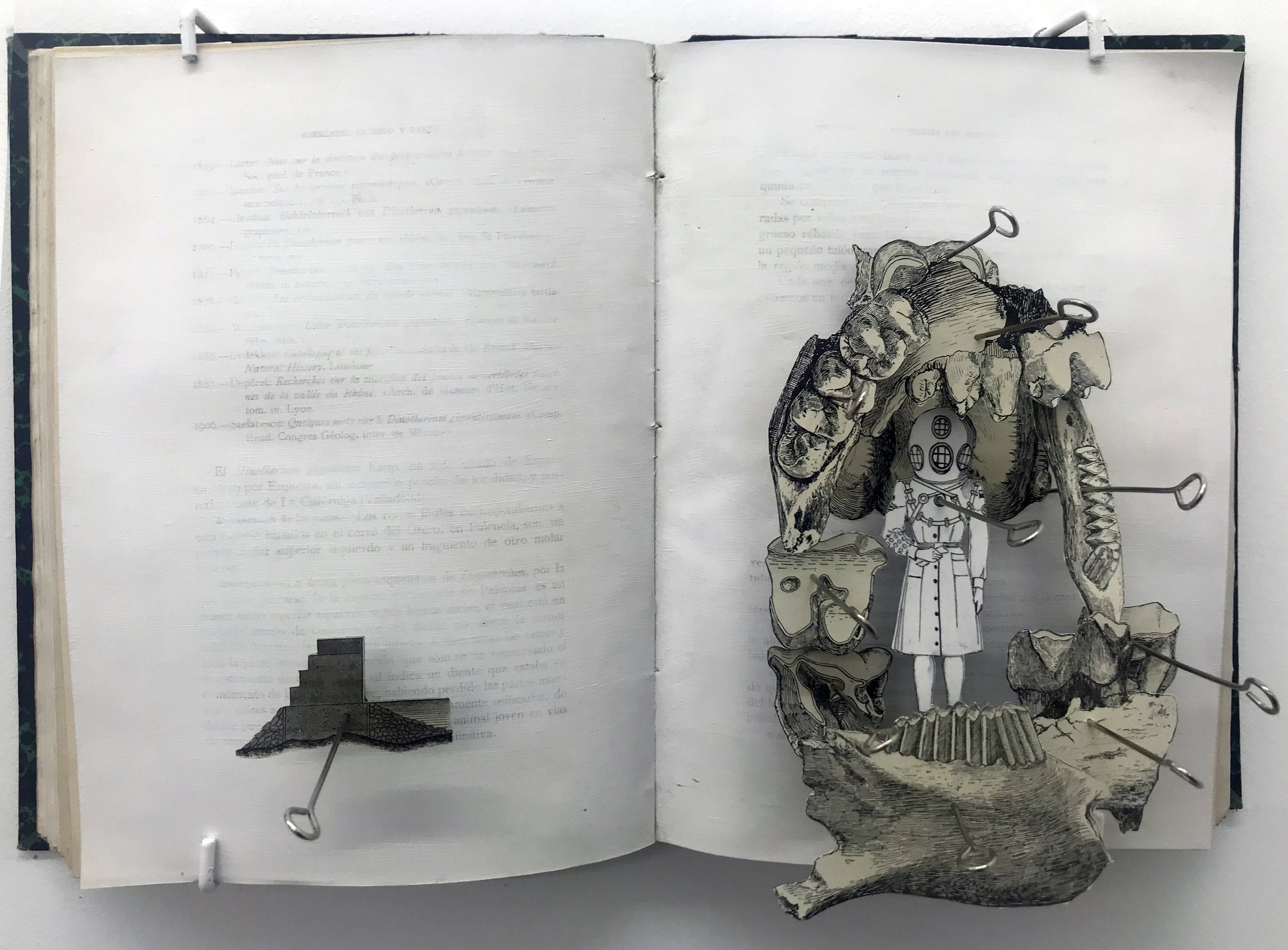
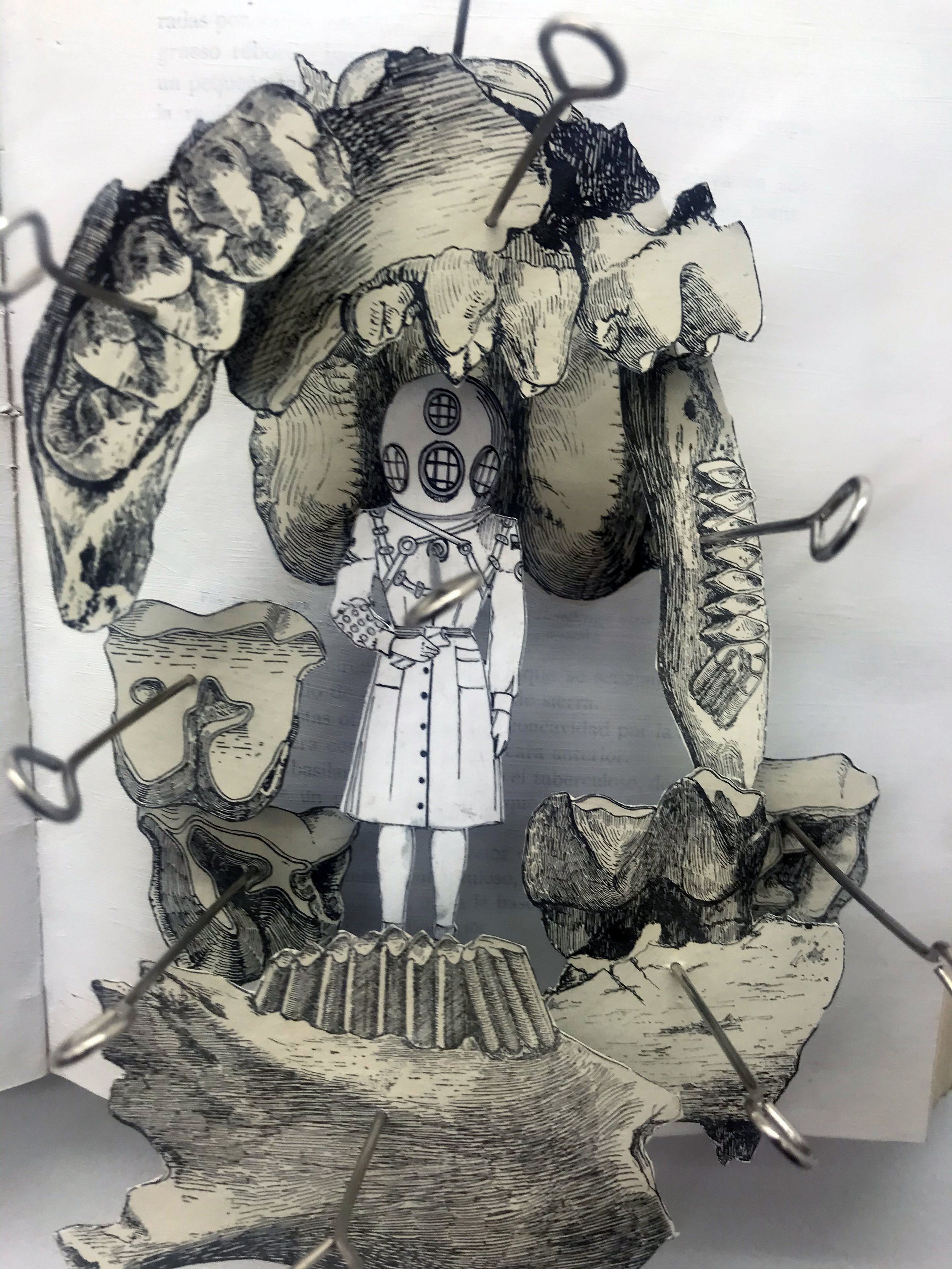
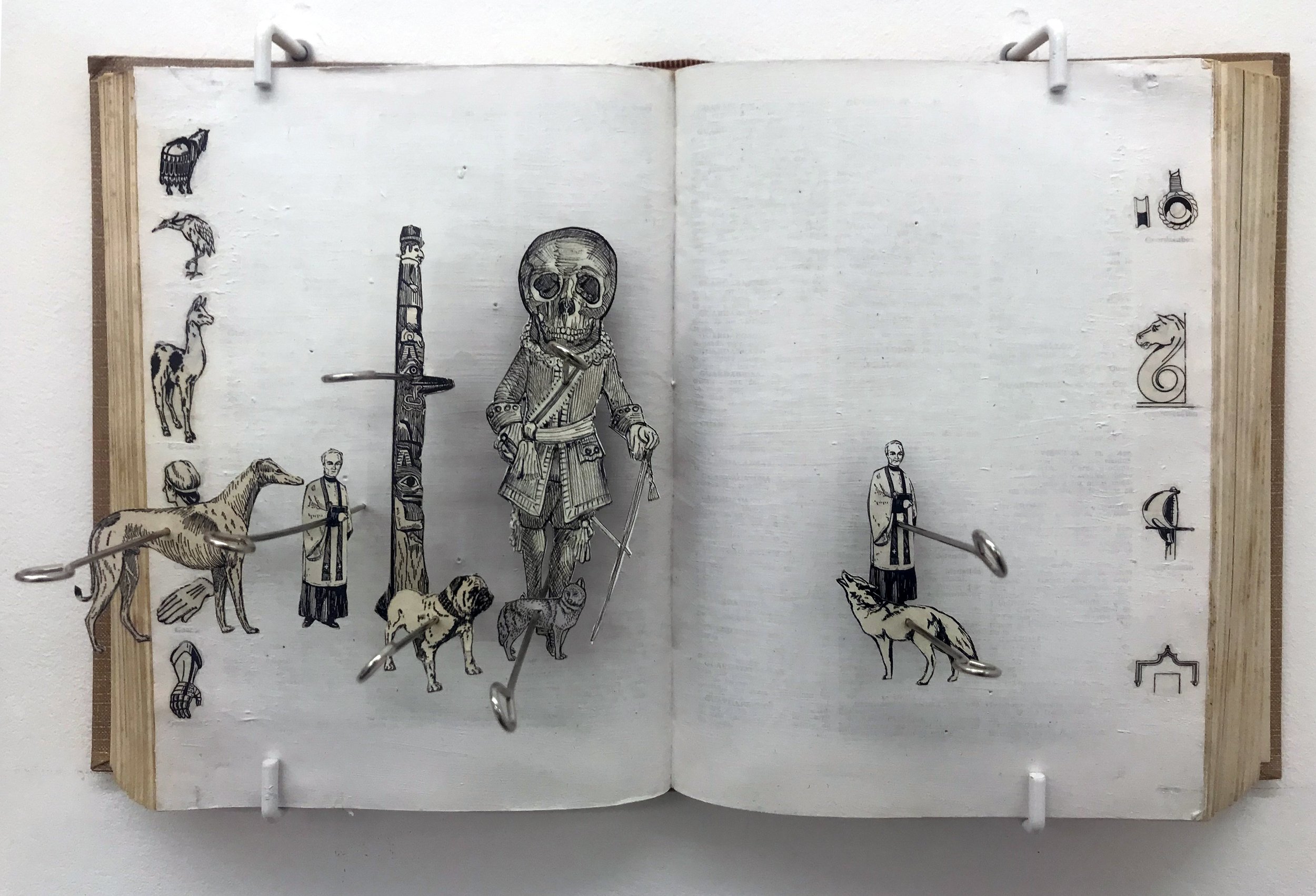
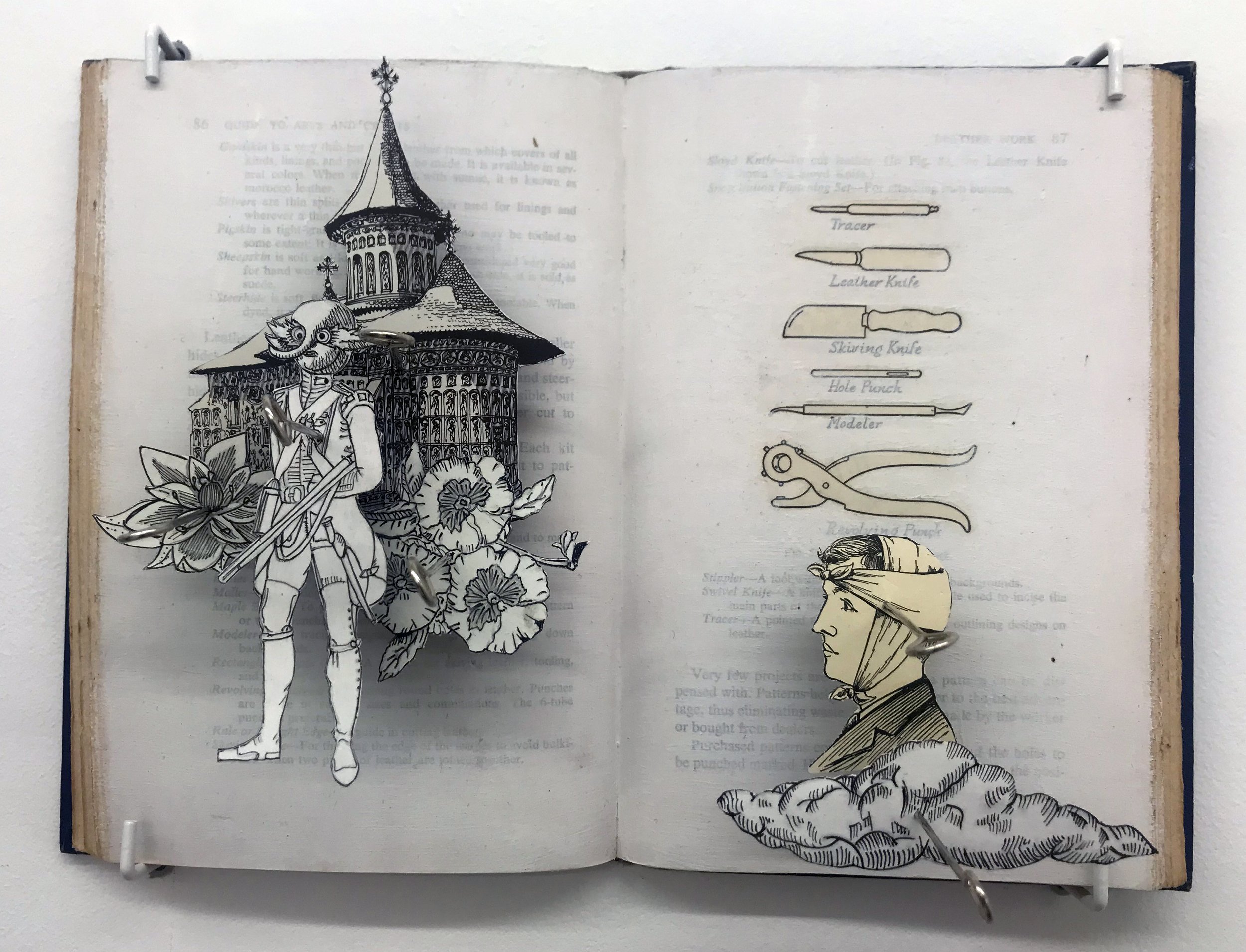
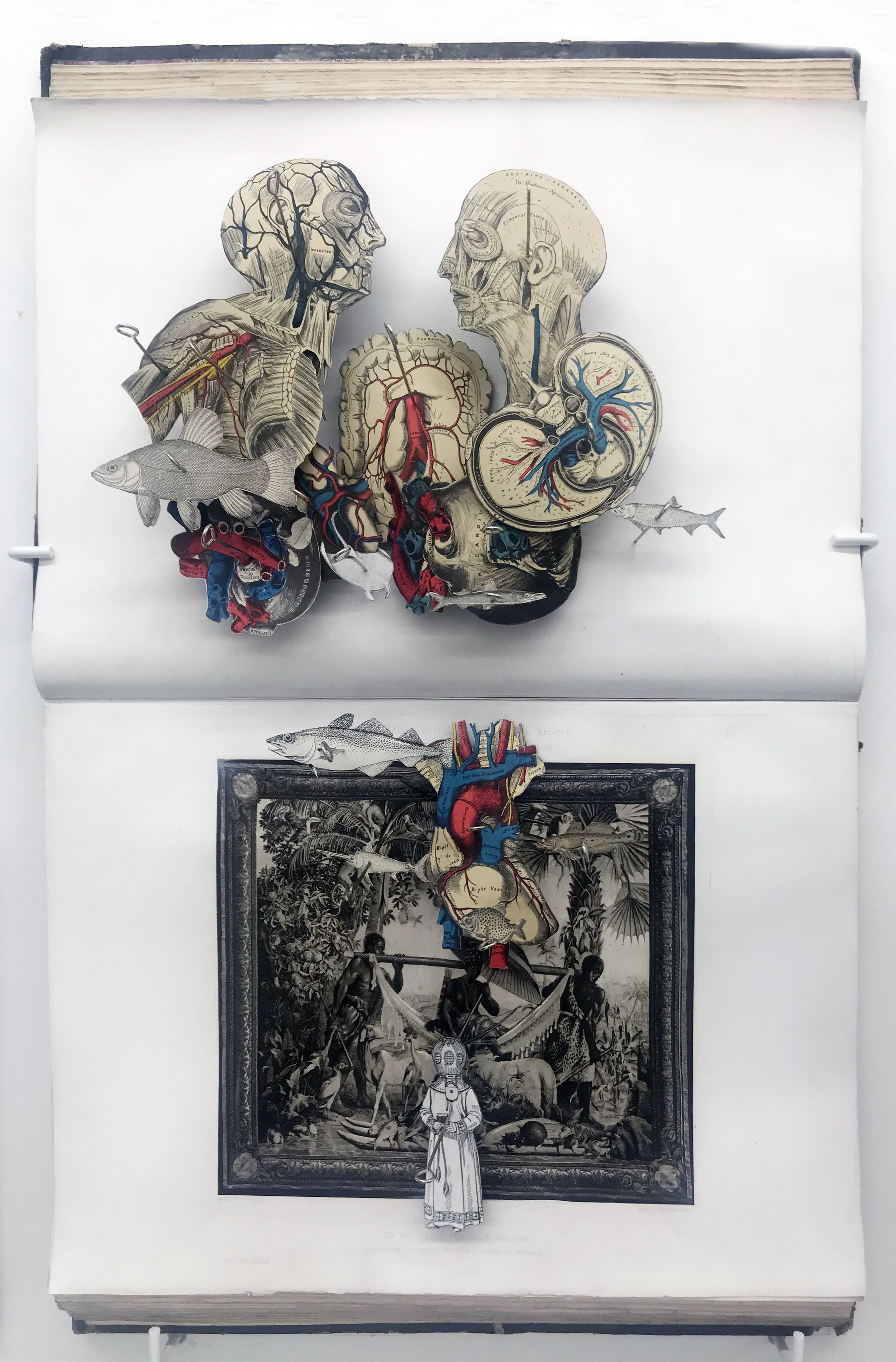
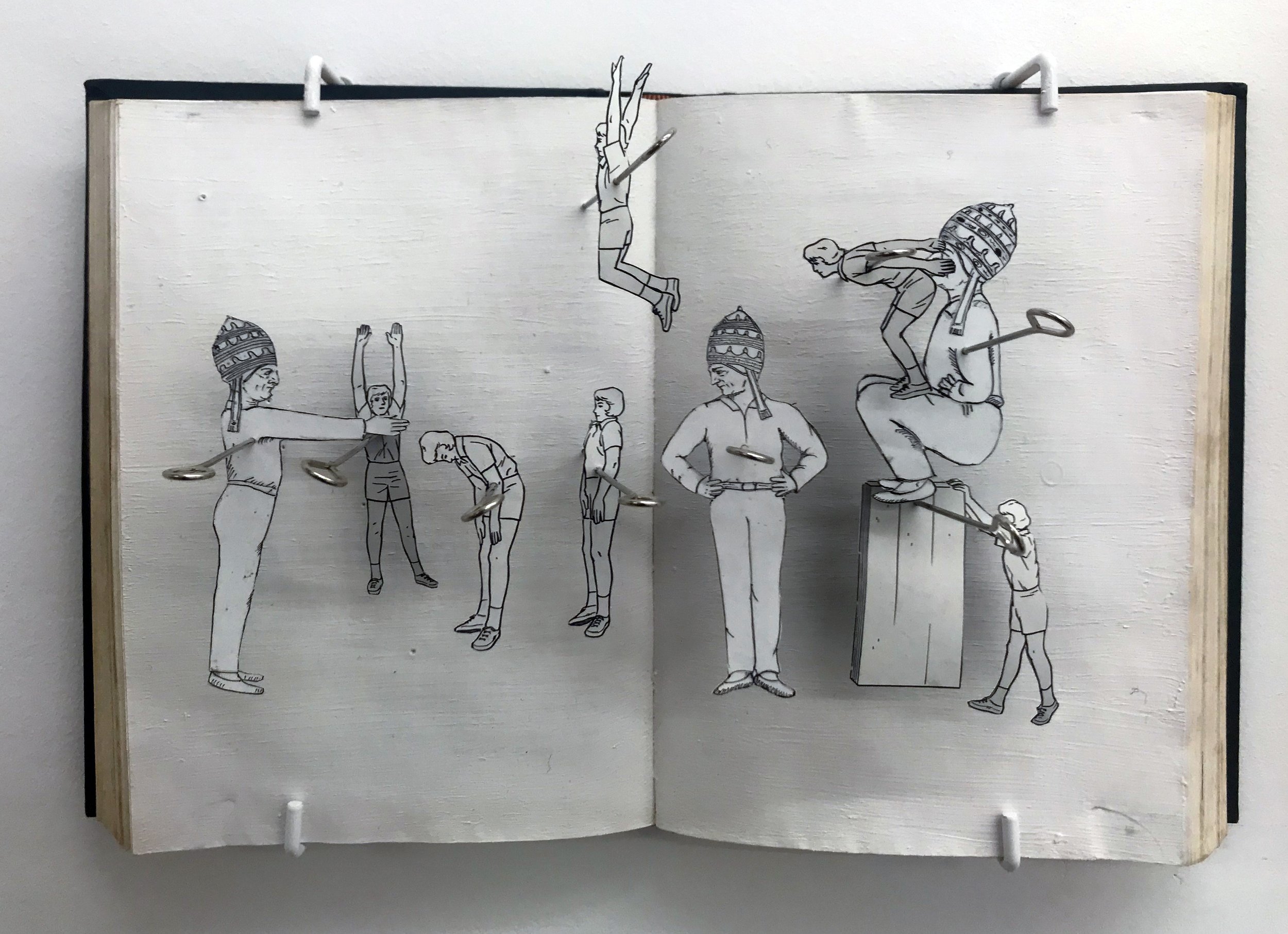
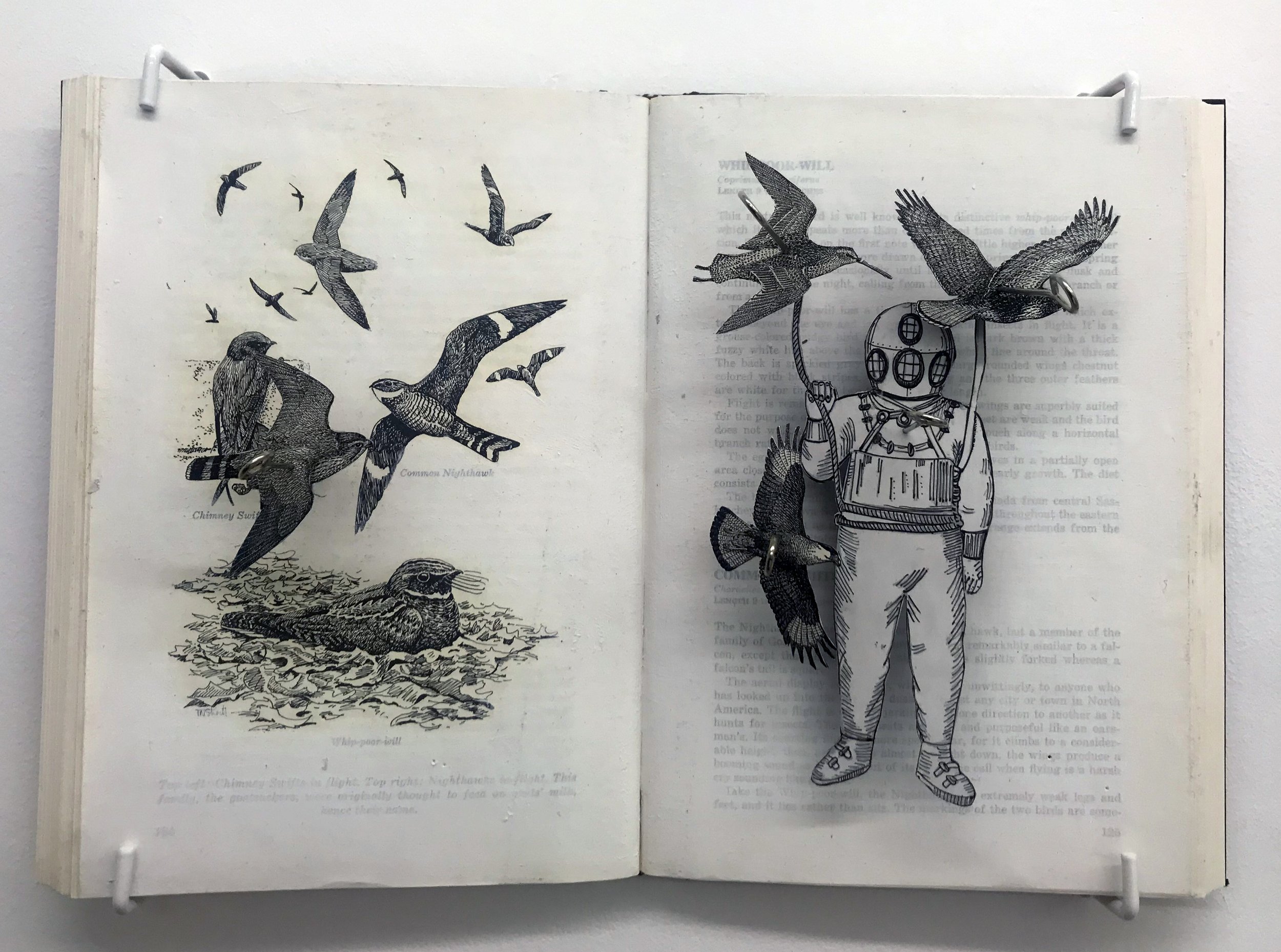
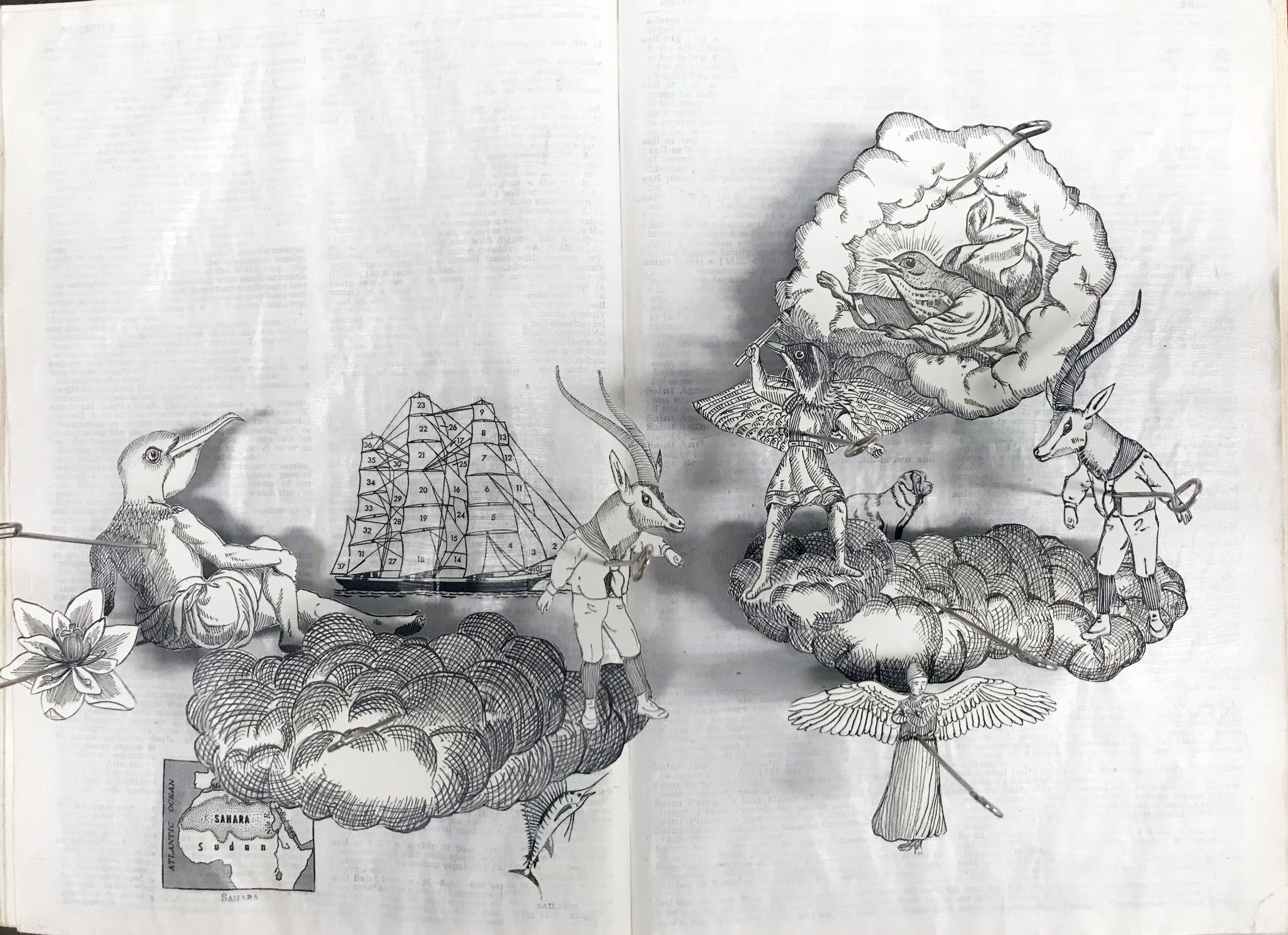
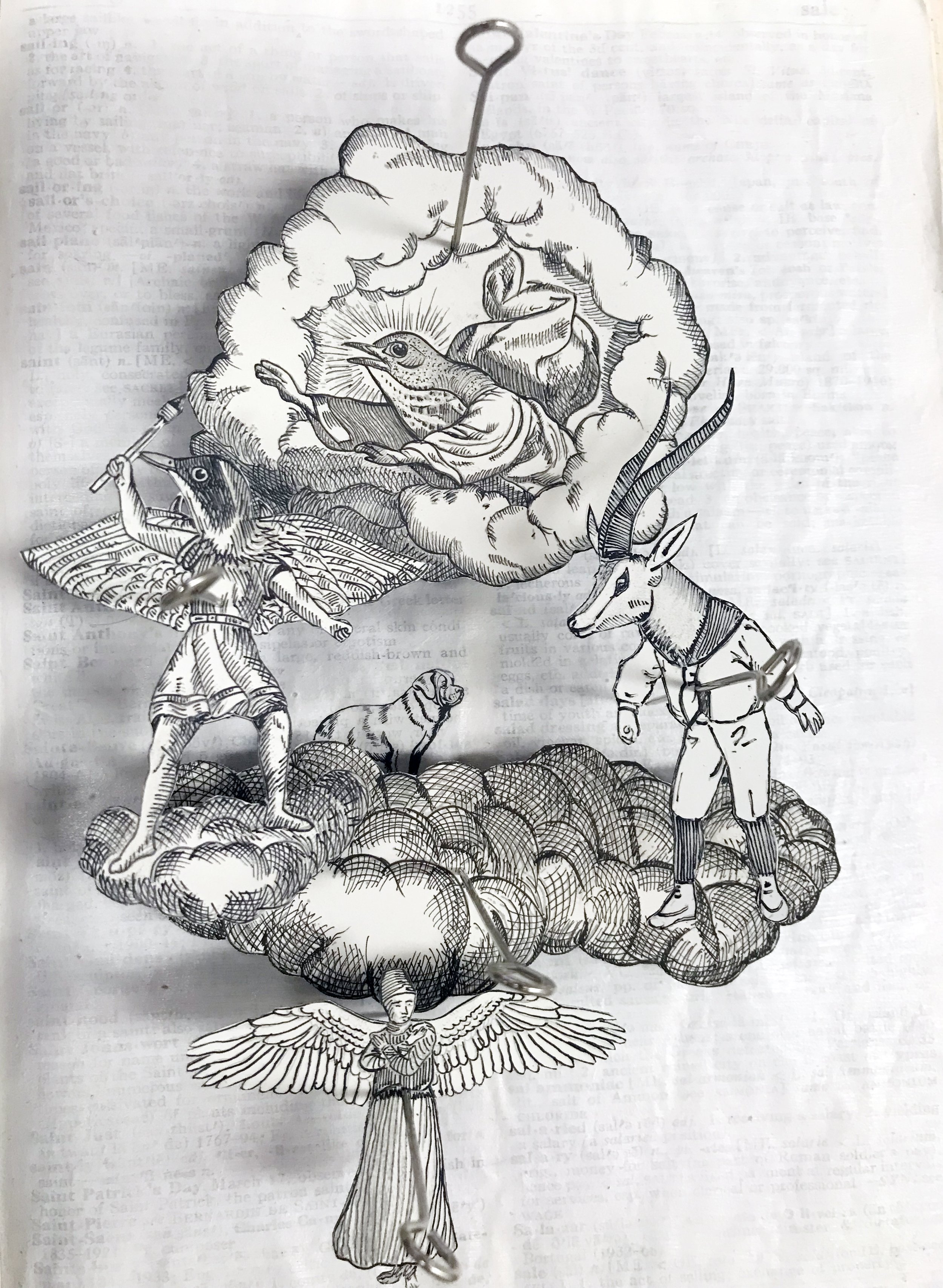
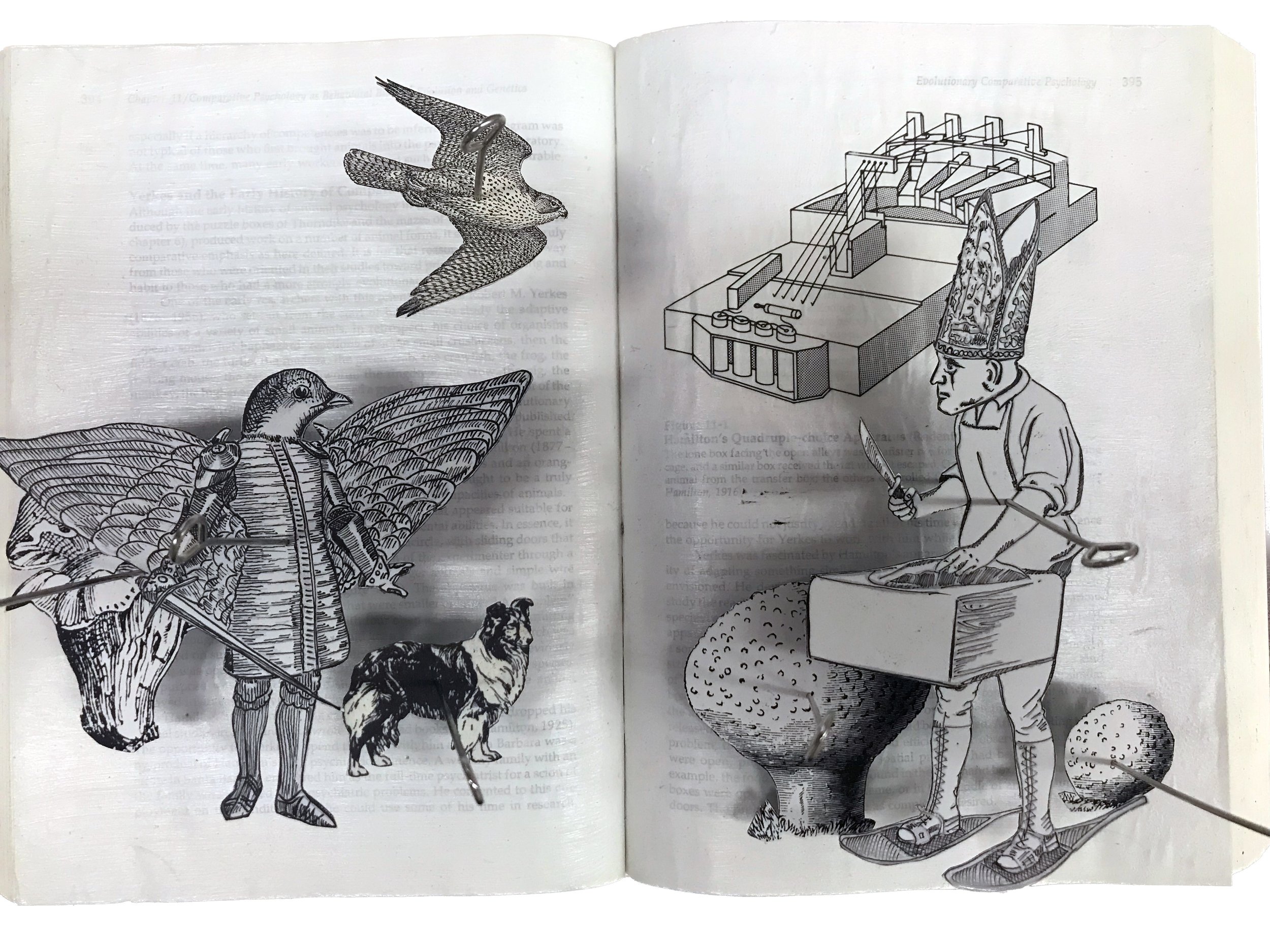
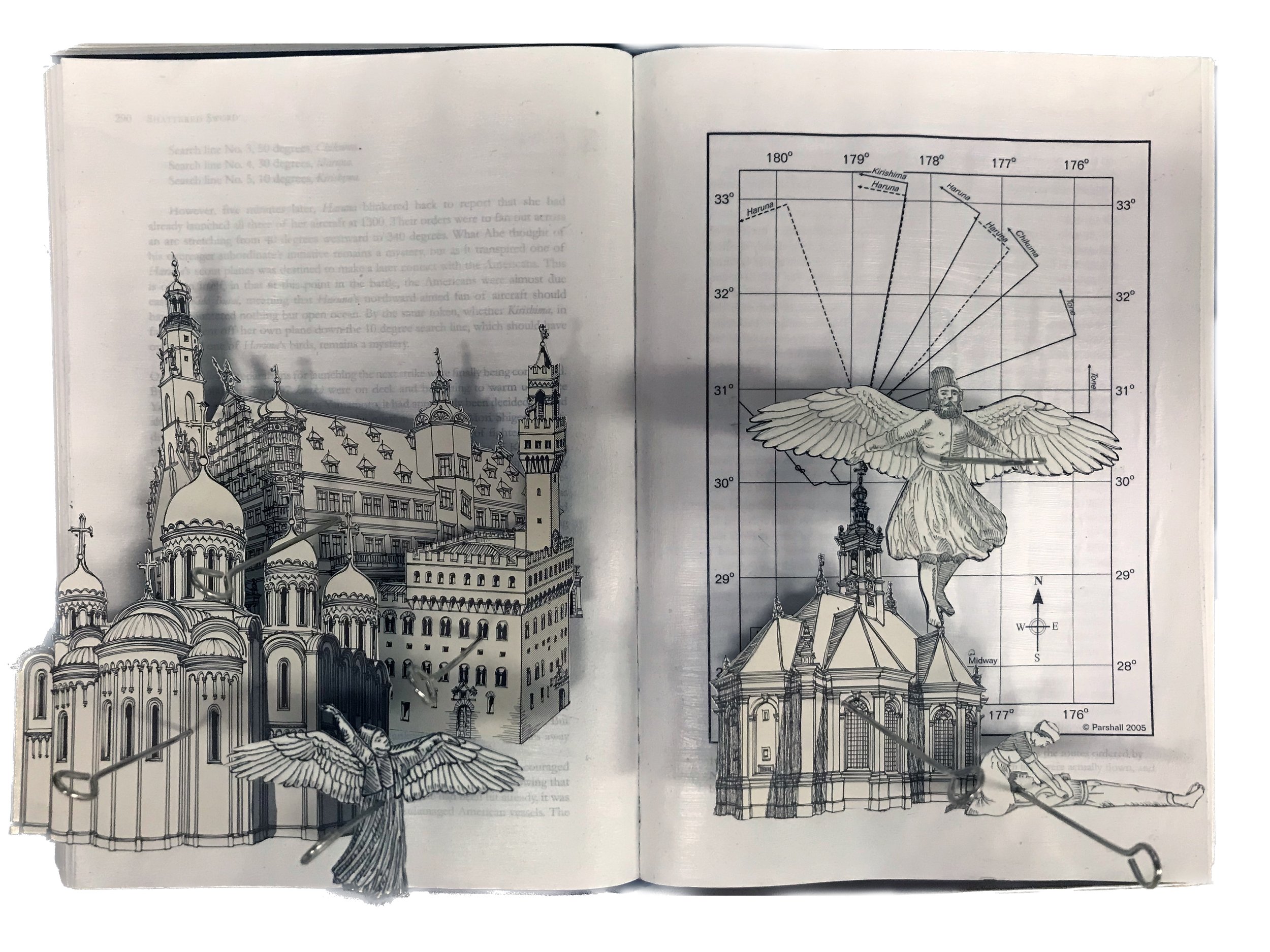
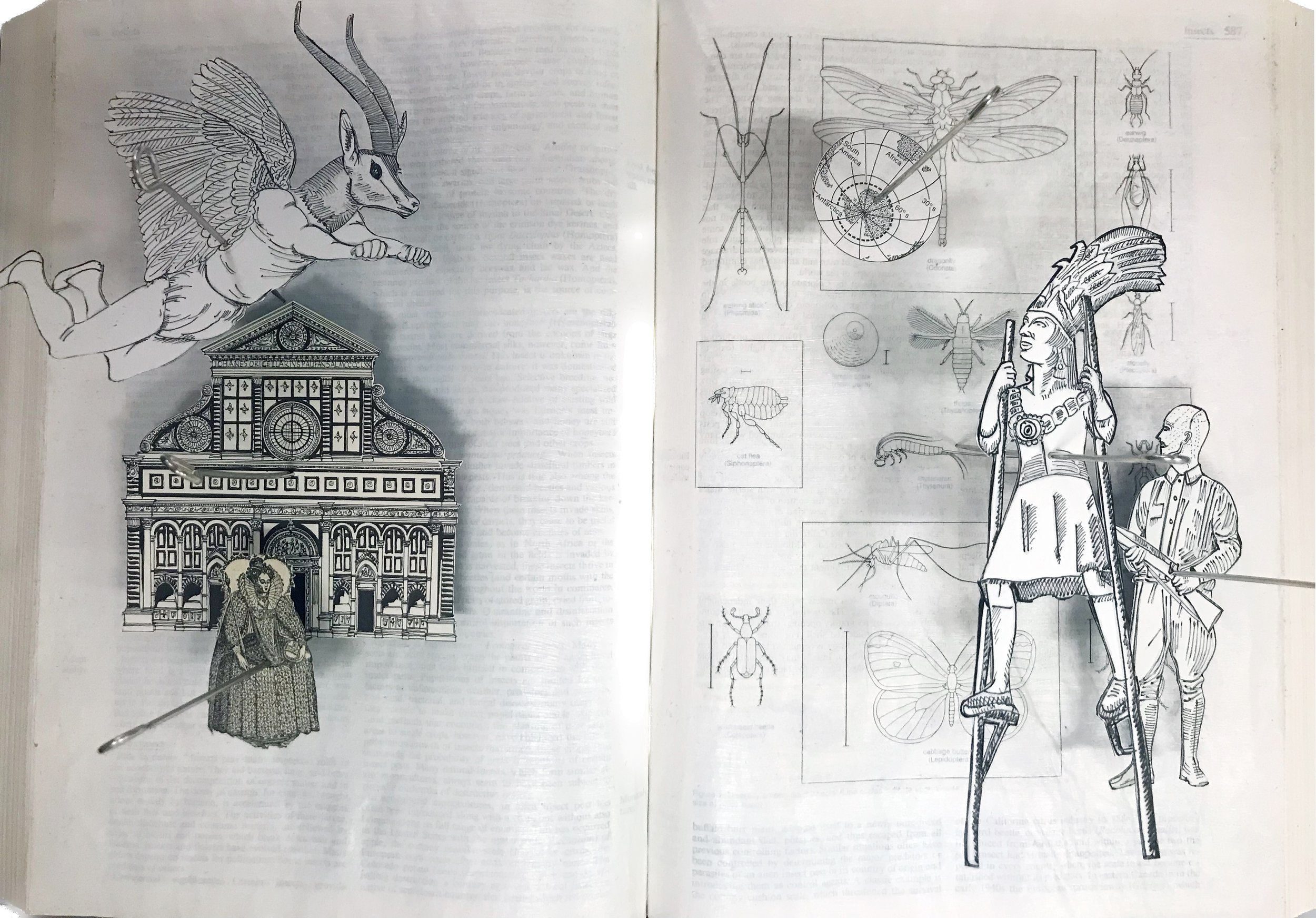
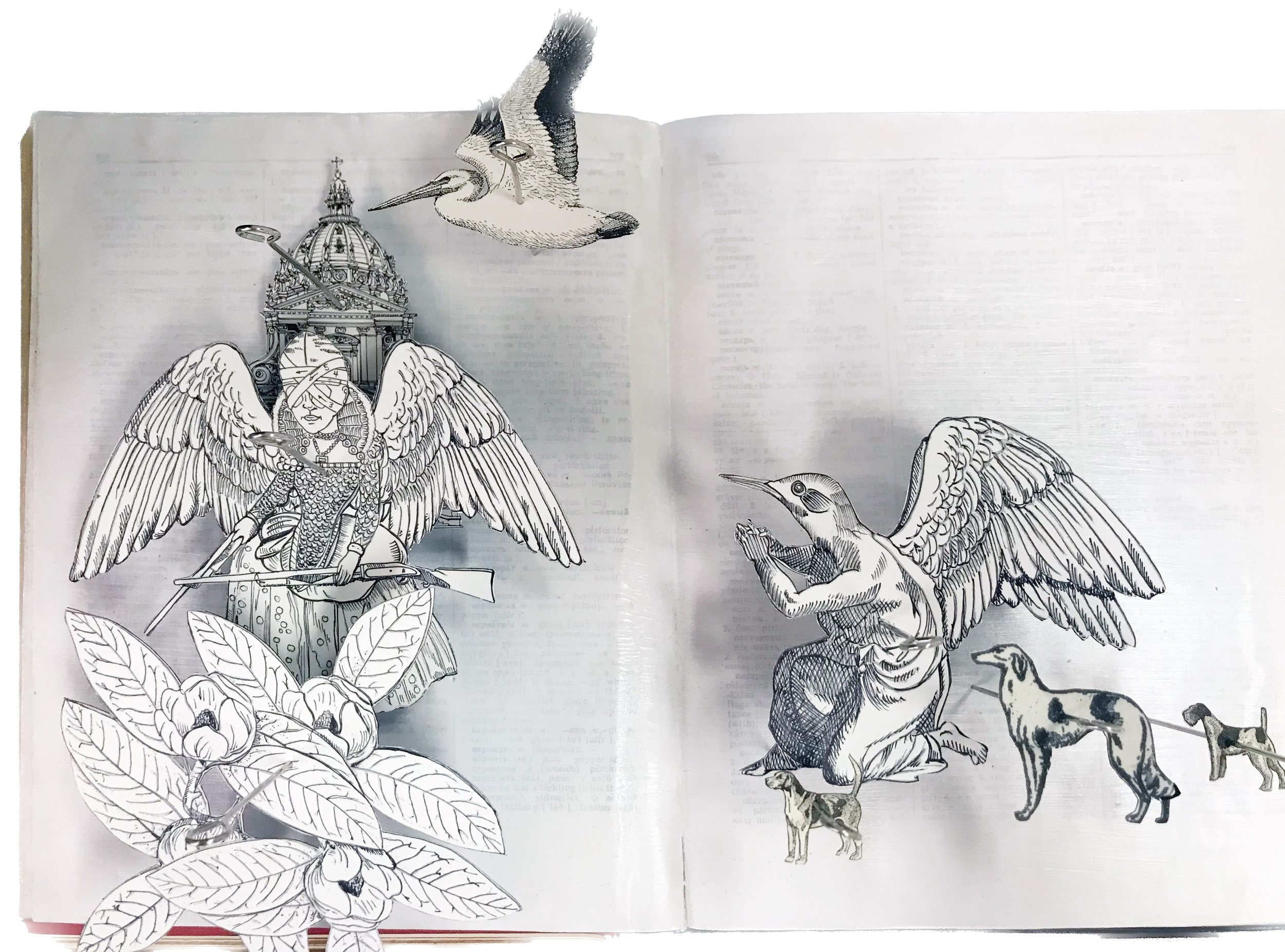
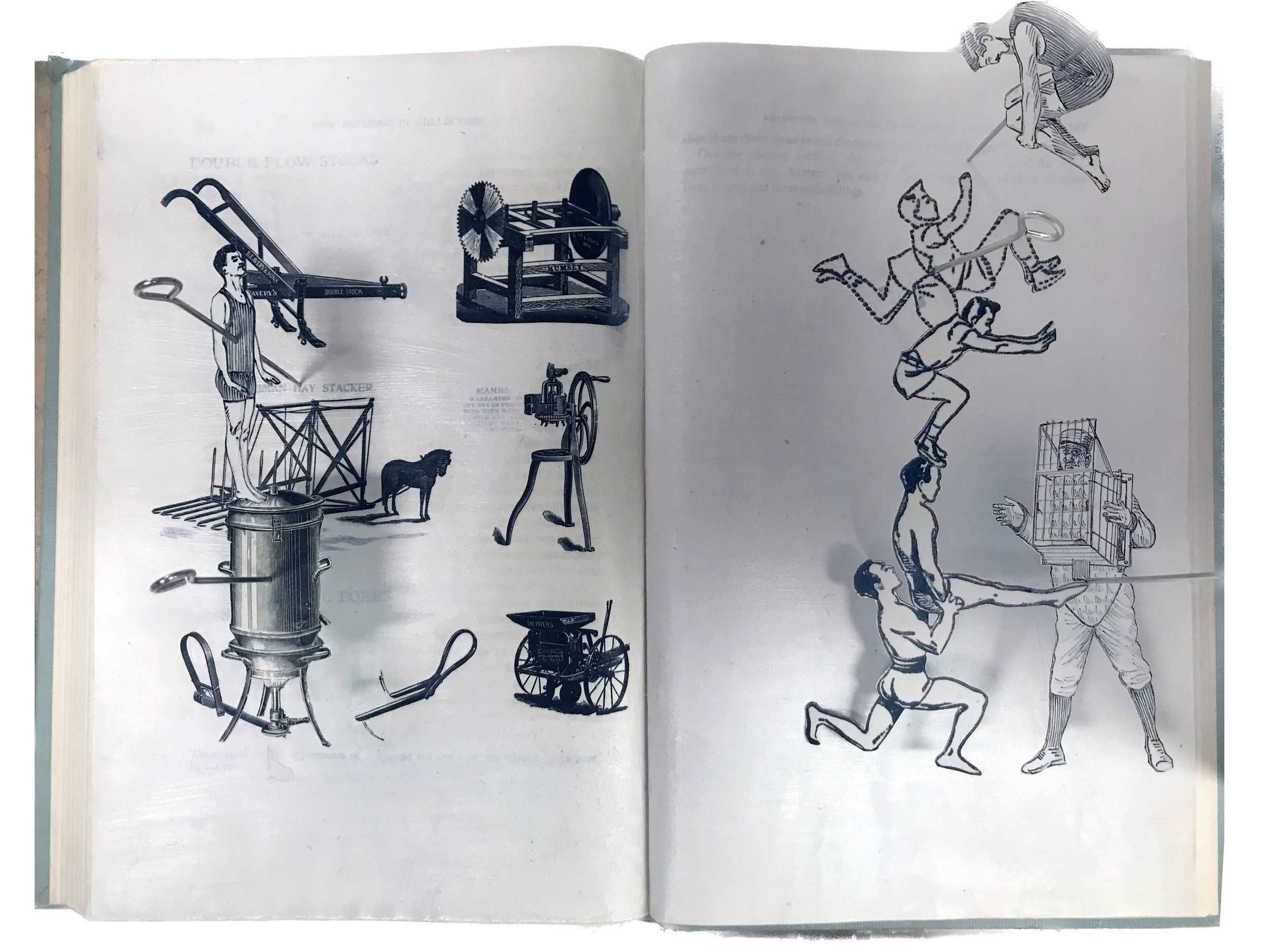






























Acts of Knowledge
part of the exhibit The Beast and the Sovereign.
Museum Contemporary art (Macba) Barcelona.
Württembergischer Kunstverein wkv Stuttgart.*
///
* THE BEAST AND IS THE SOVEREIGN
awarded as EXHIBITION OF THE YEAR 2015
by the German section of AICA
------------------------------------------------------------------------------------------------------------------
The Celestial Emporium of Benevolent Knowledge is a Chinese Encyclopedia described by Jose Luis Borges, where an alternative taxonomy is listed:
those that belong to the Emperor,
embalmed ones,
those that are trained,
suckling pigs,
mermaids,
fabulous ones,
stray dogs,
those included in the present classification,
those that tremble as if they were mad,
innumerable ones,
those drawn with a very fine camelhair brush,
others,
those that have just broken a flower vase,
those that from a long way off look like flies.
This classification explore the arbitrariness (and cultural specificity) of any attempt to categorize the world anddemonstrates an "other" to our system of thought. In Foucault's book the "Order of Things", Foucault explicates an "archaeological" investigation of knowledge acquisition; he also comments on the fragility of our current means of understanding the world. For Foucault reasoning is the ultimate act of control, delivered through the power of representation to confirm an objective order. Acts of Knowledge begins with a text found in an old social studies text used in U.S. classrooms. This educational text delivers a structural form of knowledge and a series of narratives about the similar and the other. Acts of Knowledge uses the primary forms of knowledge -the encyclopedia- to question the structure imposed by the reasoning. In that context, the acts of estrangement and the visual structuring of the dictionary and the encyclopedias through collages questions the categorization, knowledge, and the arbitrariness of otherness.


